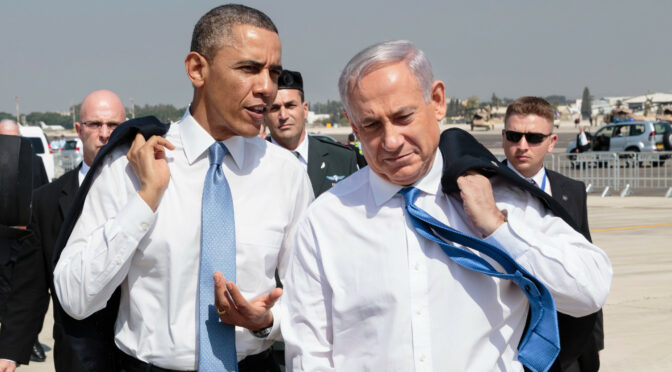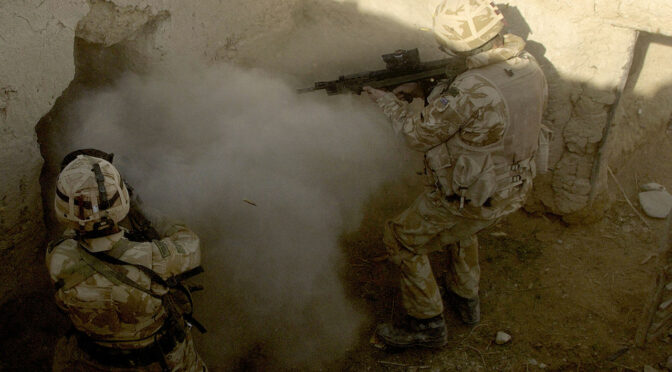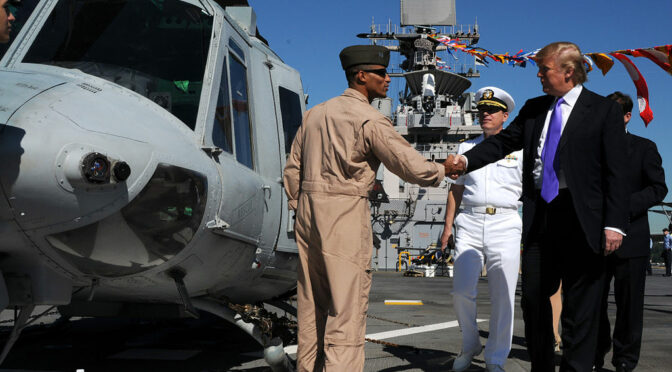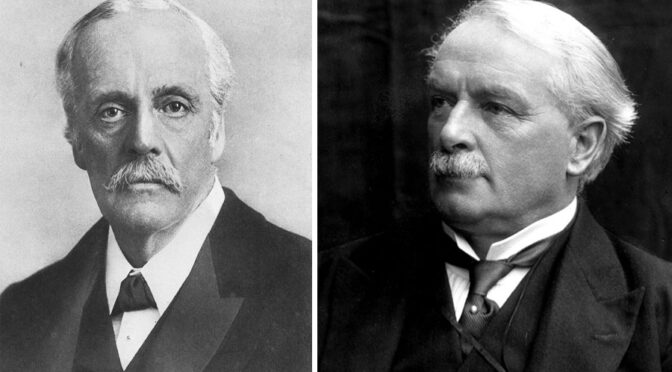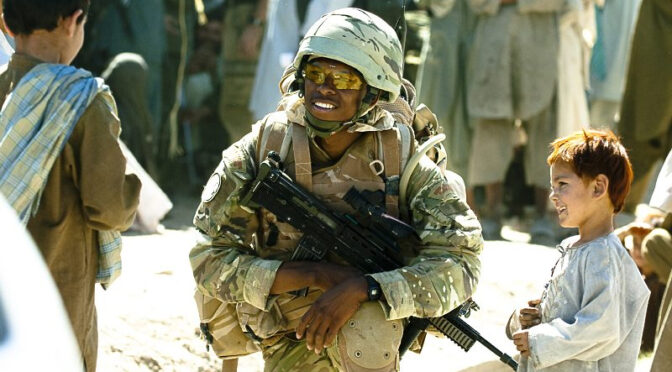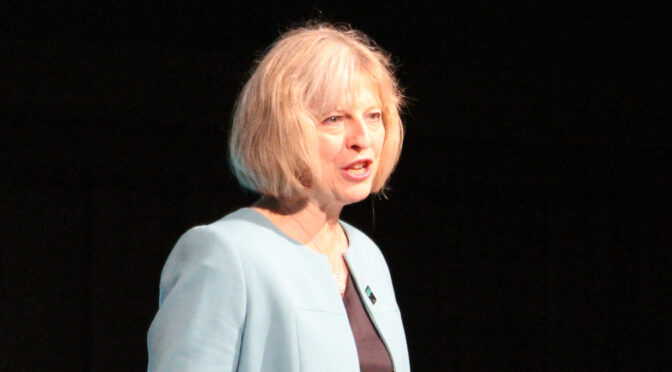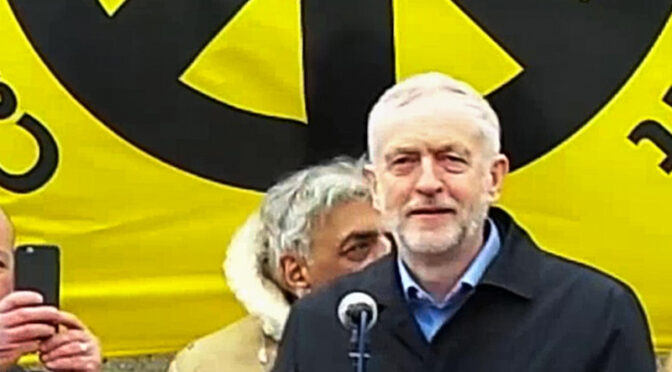Article published in The Times of Israel on 27 December 2016
By Rafael L. Bardaji and Richard Kemp
UN Security Council Resolution 2334 condemning Israeli house building in the West Bank including East Jerusalem is itself illegal, unjust and immoral. It will undermine, not advance the cause of peace and lead to increased hatred, violence and death in Israel and even beyond.
East Jerusalem and the entire West Bank constitutes disputed territory rather than being occupied, as the UN falsely insists. The final status of these lands must be mutually agreed in bilateral negotiations between the parties, in accordance with the legally-binding Oslo Accords which the Security Council now treats with contempt.
In her speech following Friday’s resolution, US Ambassador Samantha Power reaffirmed her country’s policy of blocking ‘any resolution that we thought would undermine Israel’s security’.
But her failure to block Resolution 2334 does exactly that. The Palestinian leadership has already hailed the Security Council vote as a victory for them and a defeat for Israel. Historically every such ‘victory’ has emboldened them to increase violence against Israel. This resolution, and Israel’s entirely warranted refusal to implement it, will undoubtedly be used to justify escalating hatred, violence and killing.
It is exactly this type of attitude by international bodies such as the UN and EU, political leaders and human rights groups, that has led to round after round of Palestinian brutality in the West Bank and in Israel proper and to terrorist attacks launched from Gaza, Sinai, Syria and Lebanon.

